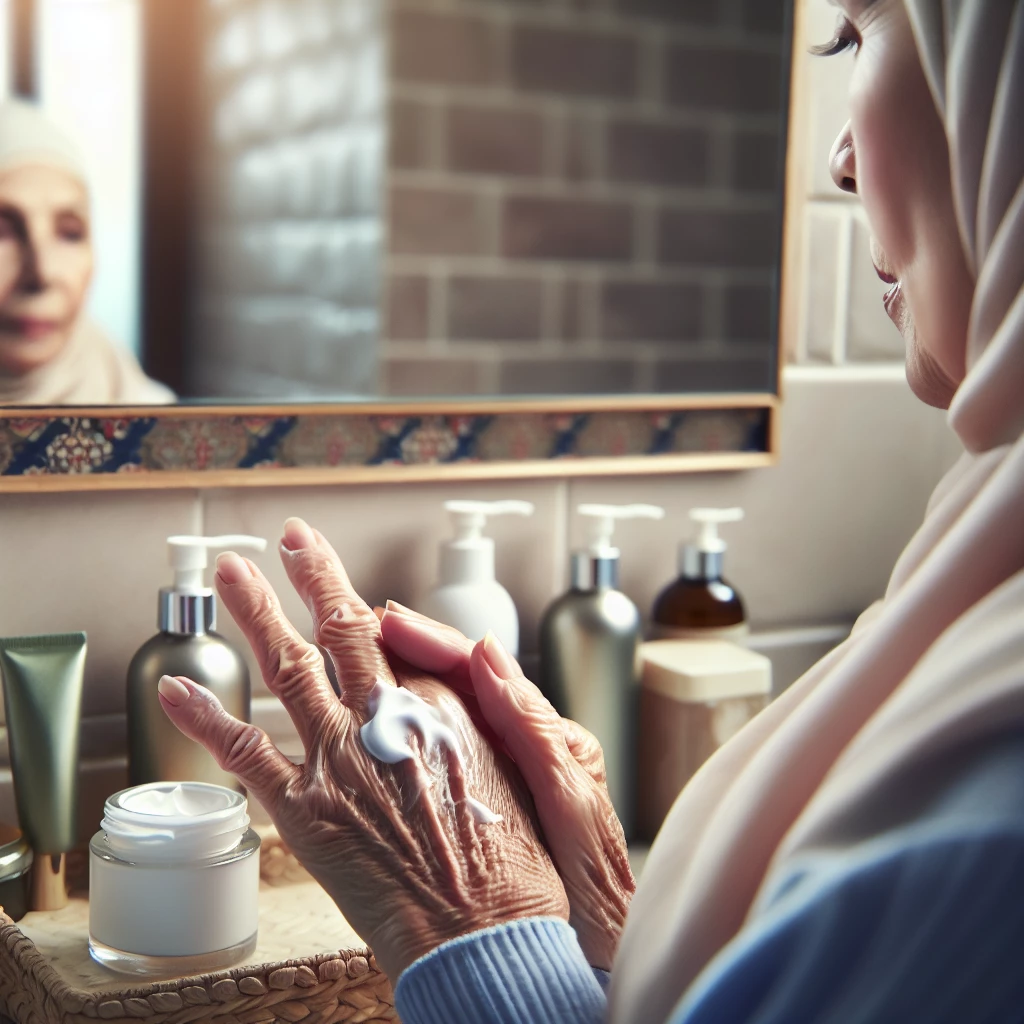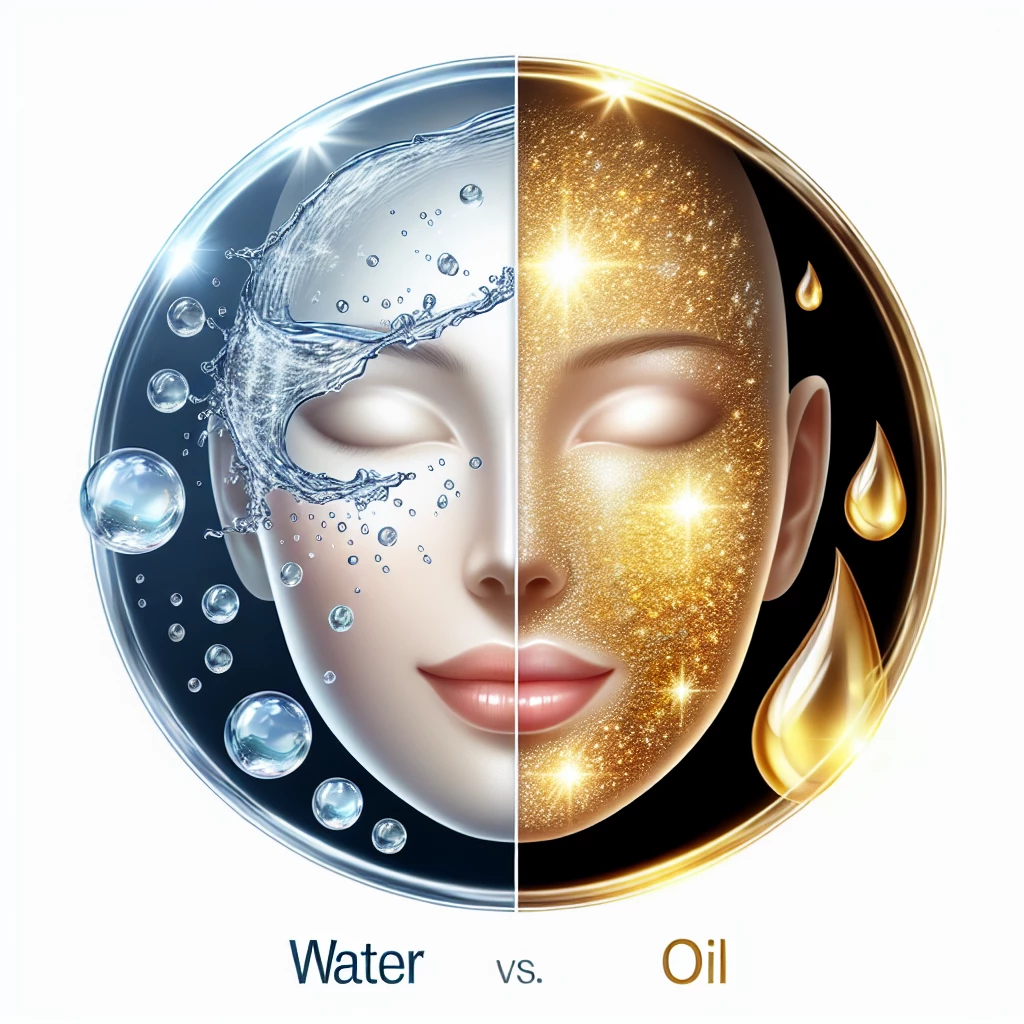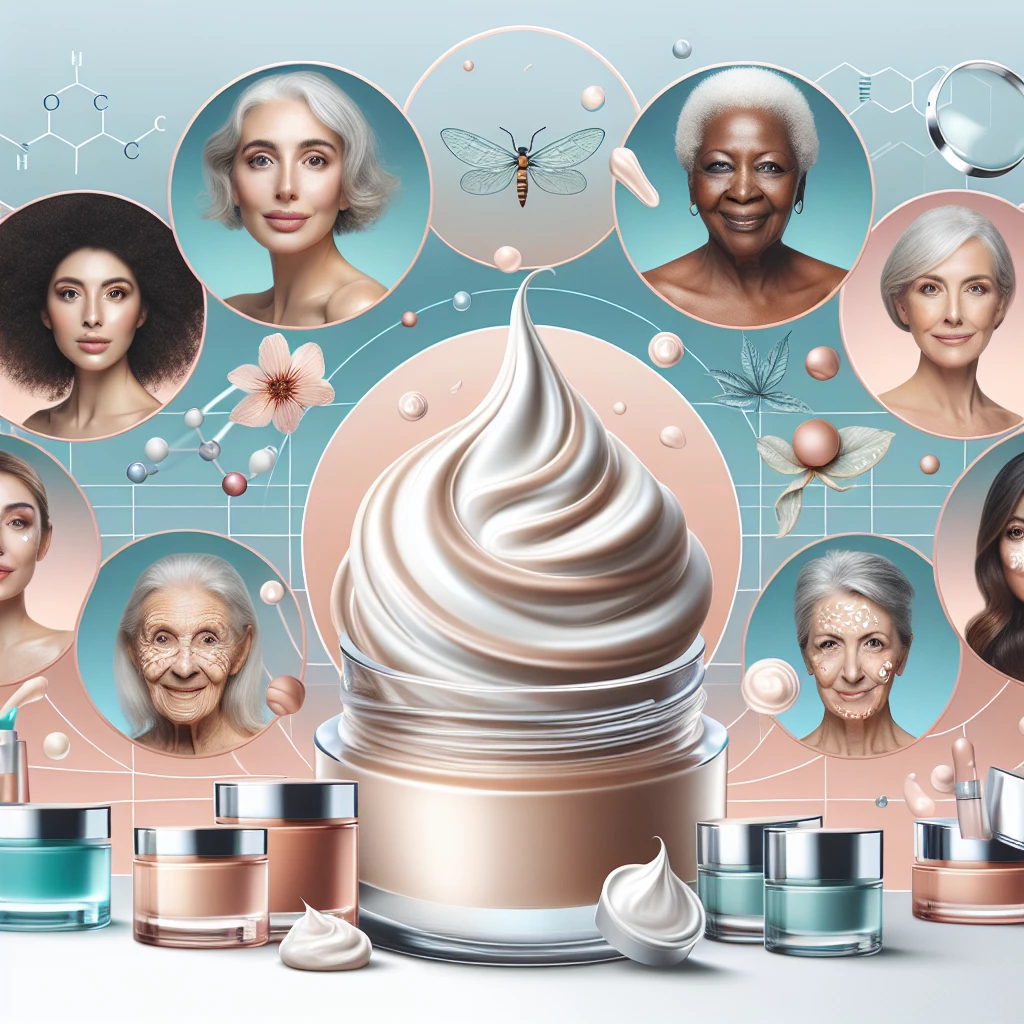Growing concerns about skin aging have propelled the market for anti-aging creams. They appear in shiny, glitzy packaging with promises of turning back the clock and restoring skin to its youthful glory. But do anti-aging creams really work? That's the question we'll address in this article. We'll take a deep dive into the science behind these beauty products, the ingredients they contain, and their effectiveness.
What is an Anti-Aging Cream?
Anti-aging creams are primarily moisturizer-based skincare products that claim to make the consumer look younger by reducing the visible signs of aging on the skin. They are marketed with promises of reducing the appearance of wrinkles, blemishes, and sagging skin.
These creams work by keeping the skin hydrated, improving its elasticity, promoting skin cell regeneration, and reducing the damage caused by environmental elements like the sun and pollution.
The effectiveness of these creams largely depends on their ingredients. Key ingredients to look out for in your anti-aging creams include Retinoids, Hyaluronic Acid, Vitamin C, and Peptides.
Do They Really Work?
The effectiveness of anti-aging creams varies from product to product and from individual to individual. It largely depends on the active ingredients in the cream and how regularly and appropriately it is applied.
While some creams can help reduce the appearance of fine lines and wrinkles and improve skin's texture, they cannot completely reverse the aging process. It's also important to bear in mind that the results are temporary.
Additionally, not everyone’s skin responds the same way to these creams. One product could work great for one person but might not have the same impact on someone else.
Speaking to Dermatologists
Most dermatologists agree that using an effective moisturizer and keeping the skin properly hydrated can go a long way in slowing down the skin-aging process.
However, when it comes to anti-aging creams, doctors are still divided. While some vouch for the effectiveness of specific ingredients such as Retinol, others argue that the best way to prevent skin aging is by wearing sunscreen, eating a healthy diet, and not smoking.
In the end, if you decide to include anti-aging creams in your skincare routine, it's essential to consult with a dermatologist or a skincare specialist first.
Considering Side Effects
Not all anti-aging creams are suitable for everyone. Some people might experience skin irritation, rashes, or allergies due to some ingredients in these products.
It's crucial to carefully read the list of ingredients before purchasing an anti-aging cream, especially if you have sensitive skin. And more importantly, do a patch test before applying the product to your face.
Moreover, always remember that every skin type is different and will react to ingredients and products differently. So patience is key when using these creams.
Are Anti-Aging Creams worth the Investment?
Anti-aging creams can be a bit pricey. However, their cost effectiveness greatly depends on whether the products deliver on their promised results.
Investing in one good, reliable product that suits your skin type, rather than buying a range of cheaper products that may not work as well, will be cost effective in the long run.
In the end, your decision to invest in anti-aging creams will depend on your personal skincare objectives and budget.
While the marketing promises and luxurious scents of anti-aging creams can be enticing, it is important to approach with a realistic outlook. No cream can completely erase the signs of aging, but they can help in maintaining skin health and slowing down the visible signs of aging. As always, a good skincare routine supplemented with a healthy lifestyle will go a long way in keeping your skin looking its best.

Age Gracefully: Mature Skin Care
Delve into the changes that come with aging skin and the best practices to ensure its health and vitality.

Vitamins for Victory: Skin Nutrients
Discover the key vitamins that contribute to skin health and the best ways to incorporate them into your skincare routine.

Exfoliation 101: Clearing the Surface
Dive into the process of exfoliation, uncovering its benefits and learning how to properly exfoliate for brighter, smoother skin.

Skin Hydration: Water vs. Oil
Get insight into the importance of hydration in skincare routines and understand the difference between water-based and oil-based products.
